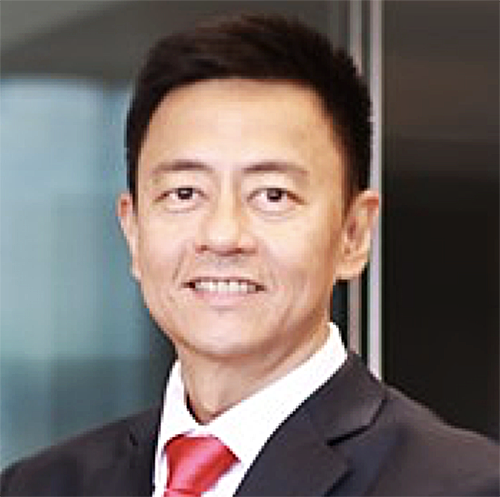AS awareness of climate change increases, especially among young people, in general, and young investors, in particular, asset managers need to be ready and responsive to their demands for sustainability linked products.
Australia’s mutual fund assets in sustainable investments surged 23% year-on-year (y-o-y) to A$66.8 billion (US$46.7 billion) in 2019, and gathered A$1.2 billion in inflows over the same period, Cerulli Associates’ estimates show.
This could be attributed to Australian investors’ increased awareness of climate change. According to the Lowy Institute Poll 2019, for the first time in its 15-year history, climate change topped the list of potential threats to the country’s vital interests in the next 10 years. Among those polled, 64% viewed climate change as a critical threat, while 81% of those aged 18-29 years saw global warming as a “serious and pressing problem”.
Furthermore, asset managers have been responding to a growing awareness of environmental, social, and governance (ESG) issues among young investors who would like their investments to be aligned with their personal values. Data from Morningstar show that 35 new sustainability investment retail mutual funds were launched in 2019.
Morningstar data also show that ESG integration is the main strategy employed by asset managers for Australia-domiciled ESG-incorporated retail mutual funds, followed by exclusionary screening, which accounted for A$66.6 billion and A$49.1 billion of assets under management (AUM), respectively, as of December 2019.
Cerulli’s survey of Australian institutional investors presents a similar finding, with 88.2% naming ESG integration as their most preferred method of incorporating ESG considerations into investment decisions, followed by negative/exclusionary screening at 82.4%.
Tobacco and firearms or weapons are the top two exclusions for both Australia-domiciled mutual funds and Australian asset owners. While only 42.9% of the latter exclude fossil fuel companies, the recent bushfire crisis could be a game-changer, as Cerulli expects to see more investors excluding fossil fuels over the next few years.
Momentum is also building in ESG-oriented exchange-traded funds (ETFs). AUM surged almost fourfold from A$554.1 million in 2017 to A$2.2 billion in 2019, while inflows reached A$741.3 million last year, a growth of 11% y-o-y. According to Morningstar data, eight sustainable investment ETFs were launched in 2019, taking their total number to 23.
Cerulli expects sustainable investments to continue growing strongly as Australian investors become increasingly aware that factoring ESG considerations into investments will have a positive impact on their performance, due to their reduced risks. Furthermore, the recent bushfires could bring climate change considerations to the fore.
“Apart from having strong track records in sustainable investment fund performance, going forward, managers should maintain robust ESG screening processes as investors’ awareness increase,” said Siau Kean Yung, an analyst with Cerulli Associates. “Window dressing products or marketing products that do not have rigorous ESG screening processes in place will not satisfy those who are seeking sustainable and ethical investments.”









